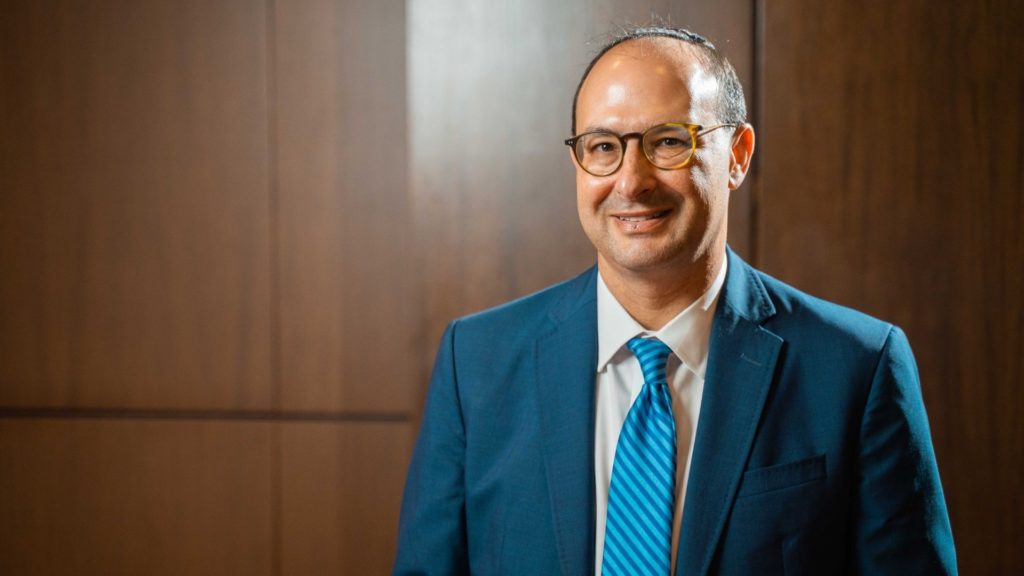Everyone’s Story is Important
A step toward getting to know our neighbors
by Rabbi Jeremy Barras
[email protected]
Over a year ago, Rabbi Rachel Greengrass and I attended a meeting with officials from the City of Miami Police Department and Homeland Security. The goal of the meeting was to discuss the recent rise of antisemitism, and how we could coordinate together to fight this scourge. We discussed our concerns, and we listened as police officials talked poignantly about their desire to do everything possible to protect Miami’s Jewish community. At the time of our meeting, Miami Beach had just been blanketed with flyers distributed across town by hatemongers. The flyers blamed most of the world’s problems on Jews and made use of many of the traditional Jewish stereotypes and canards of which we are all familiar.
At one point, an African American man stood up and made a point that resonated with me. He opened his comments by speaking respectfully about the problem of antisemitism. But moments later, he shifted his focus to problems he faced in his community. He spoke logically and passionately, and to this day his words have had a great impact on me. He came to the meeting with a much different perspective than I did, and I learned a great deal from his words. In essence, he said that he felt bad for the rise in antisemitism, and he condemned it. He was sorry for the incident with the flyers. I remember one of his quotes distinctly. He said, “I’m sorry that you have to deal with these flyers, I really am. But you know what? When I walk outside my house, there is often a chance I could get shot. When my kids walk out of the house, they are approached by drug dealers. Why aren’t we talking about that?”
After hearing him speak, I thought to myself how, from his perspective, flyers did not sound that bad. He made some very good points. Obviously, minimizing antisemitism is not the best strategy for fighting the ills of his community, but I understood where he was coming from, and I understood better what we should be doing. I entered the meeting that day prepared to discuss antisemitism and the threats to the Jewish community. But I have never been to a meeting that discussed threats to other ethnicities in our area. What I learned from that man was that if we expect them to have empathy for our story and sympathy for our fears, then we must reciprocate by listening to their stories and sharing their concerns. There are various communities in Miami that do not know much about each other. And when good, reasonable people do not take time to dialogue with each other, the empty vacuum is filled with the propaganda and vitriol of the malevolent forces among us.
Our new TBAM Antisemitism Task Force is currently working to set up dialogues with other groups throughout Miami. Our goal is to get to know each other. To share our story with them, but also to listen to their stories. Hopefully this is one step that we can take to get to know our neighbors and let them get to know us. Change will not surface if we remain confined in our echo chambers. But if we work together and reach out to our neighbors, then maybe we can improve the society we live in for the better. If you are interested in this noble effort, please contact me anytime.
L’shalom…
*The Barras family name was created during the Ellis Island Experience. Originally it was Bar Oz, meaning strength in Hebrew.
